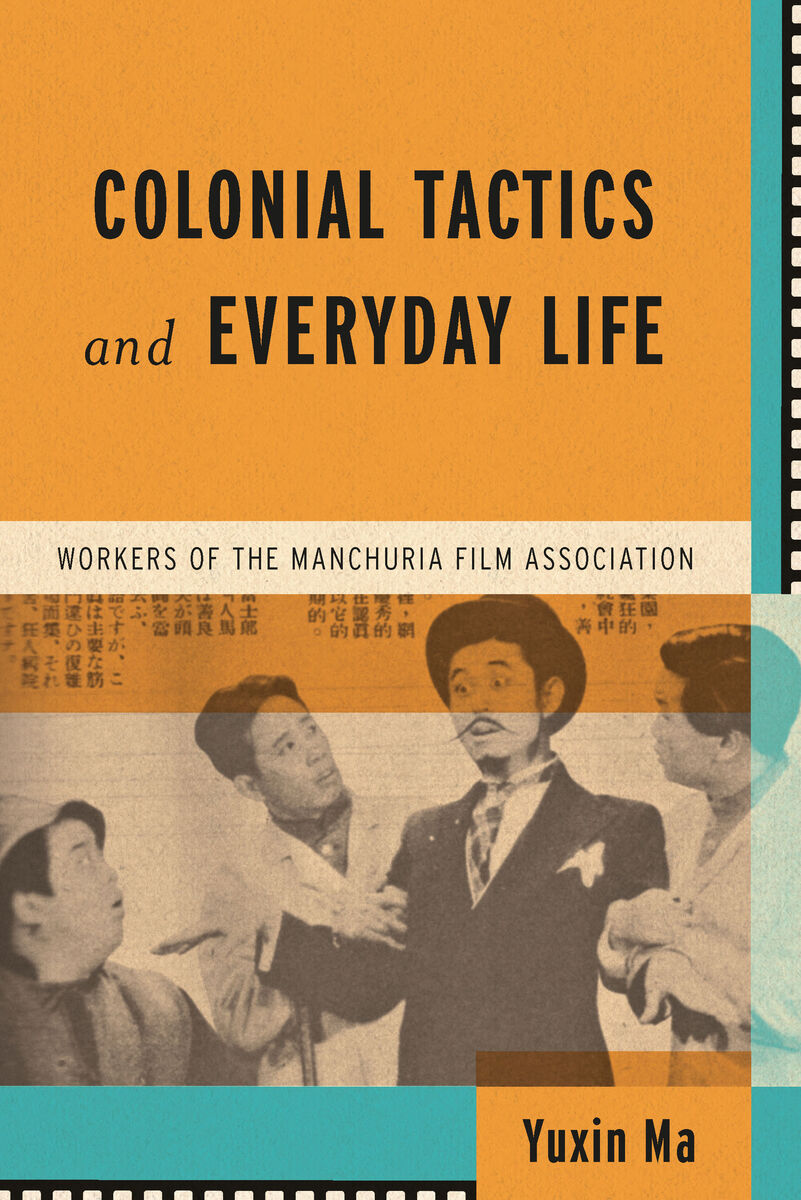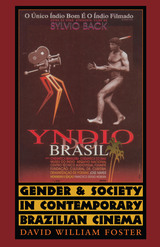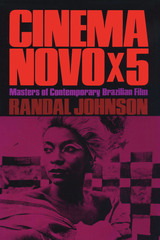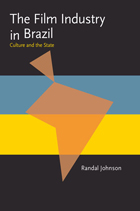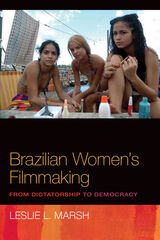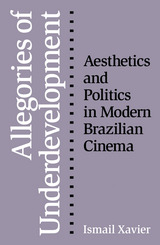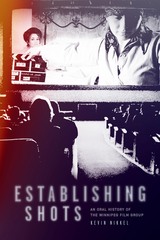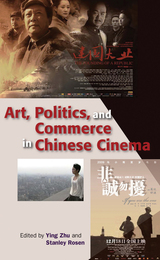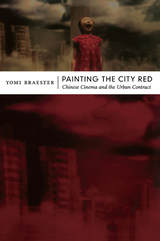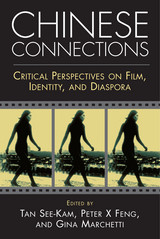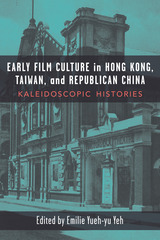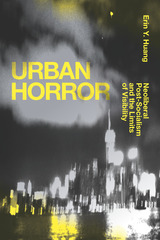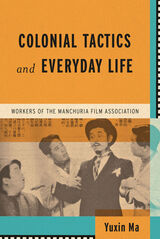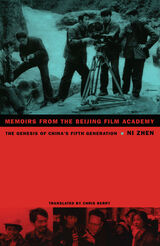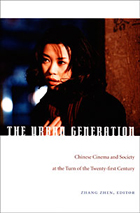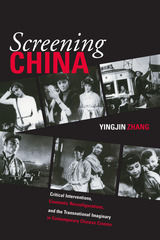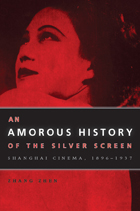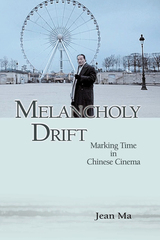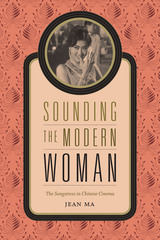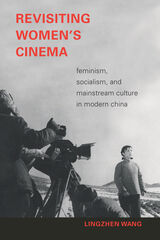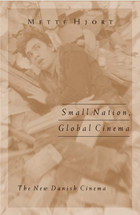Colonial Tactics and Everyday Life: Workers of the Manchuria Film Association
University of Wisconsin Press, 2023
eISBN: 978-0-299-34023-0 | Cloth: 978-0-299-34020-9
Library of Congress Classification PN1993.5.C4M328 2022
Dewey Decimal Classification 791.430951809043
eISBN: 978-0-299-34023-0 | Cloth: 978-0-299-34020-9
Library of Congress Classification PN1993.5.C4M328 2022
Dewey Decimal Classification 791.430951809043
ABOUT THIS BOOK | AUTHOR BIOGRAPHY | REVIEWS | TOC | REQUEST ACCESSIBLE FILE
ABOUT THIS BOOK
Following the Japanese invasion of northeast China in 1931, the occupying authorities established the Manchuria Film Association to promote film production efficiency and serve Japan’s propaganda needs. Manchuria Film Association had two tasks: to make “national policy films” as part of a cultural mission of educating Chinese in Manchukuo (the puppet state created in 1932) on the special relationship between Japan and the region, and to block the exhibition of Chinese films from Shanghai that contained anti-Japanese messages. The corporation relied on Japanese capital, technology, and film expertise, but it also employed many Chinese filmmakers. After the withdrawal of Japanese forces in 1945, many of these individuals were portrayed as either exploited victims or traitorous collaborators. Yuxin Ma seeks to move the conversation beyond such simplistic and inaccurate depictions.
By focusing on the daily challenges and experiences of the Chinese workers at the corporation, Ma examines how life was actually lived by people navigating between practical and ideological concerns. She illustrates how the inhabitants of Manchukuo navigated social opportunities, economic depression, educational reforms, fascist rule, commercial interests, practical daily needs, and more—and reveals ways in which these conflicting preoccupations sometimes manifested as tension and ambiguity on screen. In the battle between repression and expression, these Chinese actors, directors, writers, and technicians adopted defensive and opportunistic tactics. They did so in colonial spaces, often rejecting modernist representations of Manchukuo in favor of venerating traditional Chinese culture and values. The expertise, skills, and professional networks they developed extended well beyond the occupation into the postwar period, and may individuals reestablished themselves as cinema professionals in the socialist era.
By focusing on the daily challenges and experiences of the Chinese workers at the corporation, Ma examines how life was actually lived by people navigating between practical and ideological concerns. She illustrates how the inhabitants of Manchukuo navigated social opportunities, economic depression, educational reforms, fascist rule, commercial interests, practical daily needs, and more—and reveals ways in which these conflicting preoccupations sometimes manifested as tension and ambiguity on screen. In the battle between repression and expression, these Chinese actors, directors, writers, and technicians adopted defensive and opportunistic tactics. They did so in colonial spaces, often rejecting modernist representations of Manchukuo in favor of venerating traditional Chinese culture and values. The expertise, skills, and professional networks they developed extended well beyond the occupation into the postwar period, and may individuals reestablished themselves as cinema professionals in the socialist era.
See other books on: Employees | Everyday Life | Motion picture actors and actresses | Motion picture industry | Motion picture producers and directors
See other titles from University of Wisconsin Press
